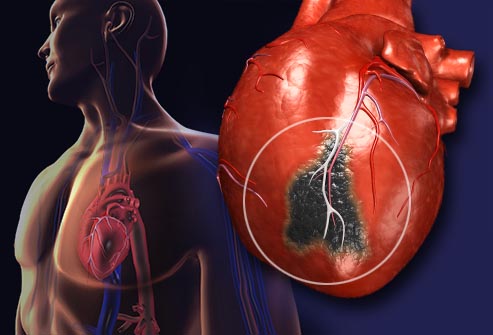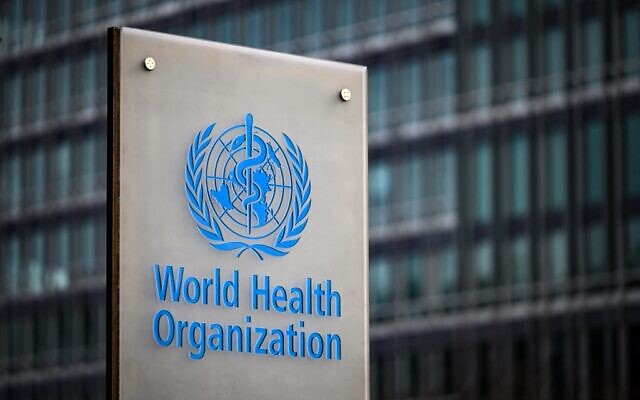Air pollution effect your heart

Washington: A team of researchers has
explained what effect air pollution has on heart disease patients.
Researchers from the Johns Hopkins Bloomberg School of Public Health have found a link between higher levels of a specific kind of air pollution in major urban areas and an increase in cardiovascular-related hospitalizations such as for heart attacks in people 65 and older.
The findings are the strongest evidence to date that coarse particulate matter – airborne pollutants that range in size from 2.5 to 10 microns in diameter and can be released into the air from farming, construction projects or even wind in the desert – impacts public health.
sans-serif; font-size: 10pt;">It has long been understood that
particles smaller in size, which typically come from automobile exhaust or
power plants, can damage the lungs and even enter the bloodstream. This is
believed to be the first study that clearly implicates larger particles, which
are smaller in diameter than a human hair.
Study leader Roger D. Peng said that this work provides the evidence, at least for cardiovascular disease outcomes. “I don’t feel like we need another study to convince us. Now it’s time for action.”
The study is published in the Environmental Health Perspectives.
AIMIM News
Latest Urdu News
Most Viewed
Is it right to exclude Bangladesh from the T20 World Cup?

























.jpg)
.jpg)
.jpg)


